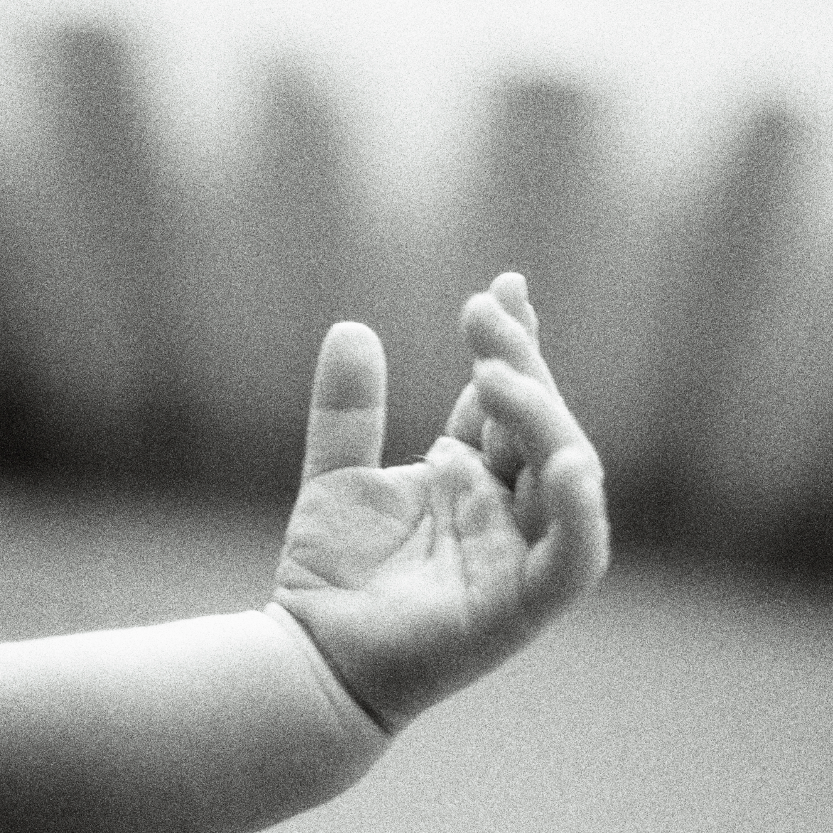
After a stellar debut in 2014, Tokyo’s The Florist have returned with an even better sophomore effort. With Dark Entries, my third favorite album from two years ago, the band burst onto the scene with its own unique sound. In a year when the best shoegaze albums were infused with everything from grunge to post rock to indie pop, The Florist drew heavily on 90s American emo to put together a lush, dreamy record. Thanks to an addictive signature song in “Middle of Winter” and a strong push from a number of overseas media outlets, The Florist’s debut attracted a large international audience and thus a desire for more music. This June, The Florist obliged with the release of Blood Music.
The day of the album’s release The Florist simultaneously released videos for co-lead singles “Disintegration” and “Halcyon”. The former, which kicks off the record, picks up right where the band left off on Dark Entries. The latter is a bit colder, though the jagged guitar line eventually makes way for the warm, thickly textured sound that fans of The Florist have come to expect.
While the first half of the album is really solid – “Sadness Like Water Raining Down” is my personal favorite of the first five songs – it’s the portion of the album that comes after the beautiful instrumental interlude, “Untitled”, that really defines this album.
“Marigold” is a flurry of squalling guitars and drums, the intensity of which balances so incredibly well with the high, harmonized vocals. This is also the track where those guitar leads showcased on the first album really shine. The emo influence really shows about halfway through when the bridge kicks in. The song is a bit harsher than anything they’ve done to this point, but still incorporates familiar elements.
If “Marigold” was a reintroduction of The Florist’s familiar guitar leads on the new album, “Ghosts” is where they really shine. If I had to choose one song to make a lead single prior to Blood Music‘s release, it would have been this one. The galloping first 45 seconds bursts into a blurry mass of guitar, highlighted by a bending lead reminiscent of the one that drove “Middle of Winter” so well. Guitarist Yosuke Shiina’s ability to craft a gorgeous tone and weave it through each track is what really sets The Florist apart from other shoegaze bands in Japan. “Ghosts” is the band’s best showcase of that fact to date.
The pace picks up and takes a bit of a danceable turn with two melodic tracks in “Sweet Decadence” and “Weird Dreams”. At first listen it sort of felt like a poppy palate cleanser after a couple of emotional, harder-hitting songs, but both tracks really grew on me, especially “Weird Dreams” which, if I’m ranking the songs on the record, is right up there with “Ghosts”.
The light atmosphere of closer “The Last Dance” nicely wraps up an album that, as a whole, tops their debut release. While Dark Entries may have had higher peaks, Blood Music is a more consistent effort. It’s a more tonally explorative record that manages to remain cohesive with a very natural flow to it. As was the case with their debut, Blood Music figures to be on many a “Best of the Year” list when all is said and done.
Blood Music is available on iTunes and Apple Music, and physical copies can be purchased via Japanese Amazon (international shipping is available).
Here is the video for the album’s first single, “Disintegration”:





